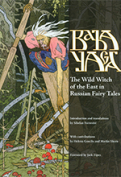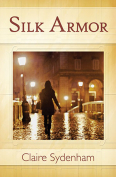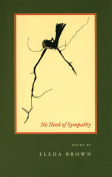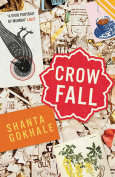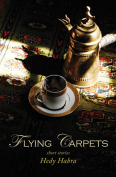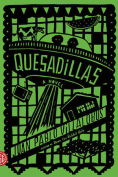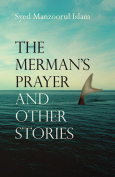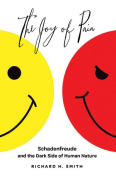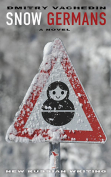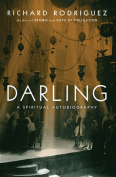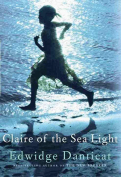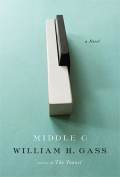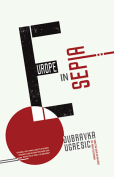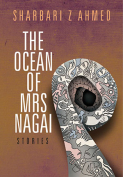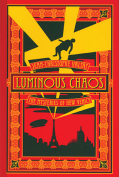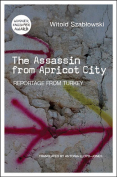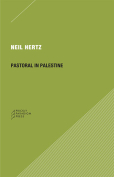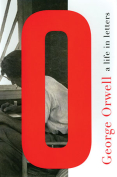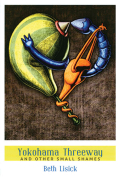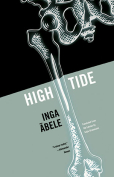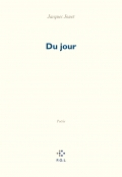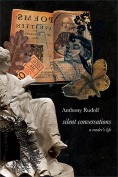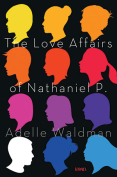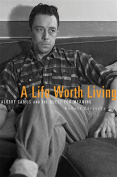Yokohama Threeway and Other Small Shames by Beth Lisick
San Francisco. City Lights. 2013. ISBN 9780872866256
 Beth Lisick understands nervous laughter. In Yokohama Threeway and Other Small Shames, her new collection of forty-eight essays and oddball poems, maybe five are laugh-out-loud hilarious. Her story of running from the bathroom to the stage for a spoken-word performance only to discover that she accidentally pulled her pants up over the toilet seat cover left me gasping for breath. But for the most part, Lisick’s confessions are more likely to make you cringe or sigh than giggle.
Beth Lisick understands nervous laughter. In Yokohama Threeway and Other Small Shames, her new collection of forty-eight essays and oddball poems, maybe five are laugh-out-loud hilarious. Her story of running from the bathroom to the stage for a spoken-word performance only to discover that she accidentally pulled her pants up over the toilet seat cover left me gasping for breath. But for the most part, Lisick’s confessions are more likely to make you cringe or sigh than giggle.
Lisick’s stories are far from universal (unless you, too, have had a friend who “bragged too much about how deeply he understood dolphins” or have ever agreed to go out on a date with your own stalker). But what Lisick does capture is the universal feeling of being wrong, of having thoughts that no one else should hear, of doing things that no one else should see. Lisick tells and shows us these “wrong” parts of herself, creating an intense intimacy that opens the door for us to accept our own hidden shames.
In the essay “Asshole,” Lisick writes that she didn’t receive the childhood lesson to wipe her bottom until the toilet paper is clean. She never thought much about this deficit until her boyfriend at the time invited her to take a shower with him, and then proceeded to intently scrub her anus with soap and water. By the end of the book, you know more about Lisick than you probably know about your own parents—assuming your parents never discussed their lack of proper ass-wiping hygiene with you.
Many of Lisick’s tales are confessions or apologies to specific people she knows, as if we are reading letters over her shoulder as she writes. At times, her stories seem too personal. But life is in the details, and listening in while Lisick remembers her little mistakes or failures that may have hurt people simultaneously encourages us to live more conscientiously and to forgive ourselves when we don’t.
If you believe Socrates’s advice that the unexamined life is not worth living, you still have to decide what kind of eyes you will use when you look in the mirror—philosopher’s, artist’s, or humorist’s? Seeing your life with the eyes of a humorist is undoubtedly the most difficult, but, as Lisick proves, it can offer the greatest reward: the ability to accept ourselves as we are.
Yokohama Threeway blends the funny and the painful into an elixir more closely resembling cough medicine than soda pop—a little bitter, made up of strange ingredients, not real pretty, but necessary if you want to get better. In the end, you are happy you took it, even if it leaves a funky aftertaste.
Kerri Shadid
Oklahoma City
